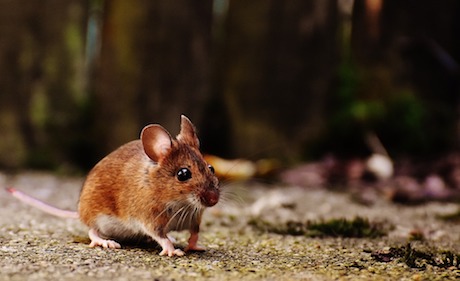[ad_1]
Got cheese?
The Practice:
Feed the mouse.
Why?
To simplify a complex process spanning 600 million years, your brain developed in ways that are loosely related to the three major stages of vertebrate evolution:
- Reptile – Brainstem, focused on avoiding harms
- Mammal – Subcortex, focused on approaching rewards
- Primate – Neocortex, focused on attaching to “us”
Since the brain is integrated, avoiding, approaching, and attaching are accomplished by its parts working together. Nonetheless, each of these functions is particularly served and shaped by the region of the brain that first evolved to handle it.
In this three-part series, the previous JOT – pet the lizard – was about how to soothe and calm yourself. This affects your brain as a whole, including its most ancient structures and the management of perhaps the first emotion of all: fear. This JOT continues the series by focusing on how to help you feel rewarded, satisfied, and fulfilled – in a word, fed – which also engages your brain as a whole, with a particular focus on its subcortical regions that emerged mainly during the mammalian stage of evolution.
When you feel fed – physically, emotionally, conceptually, and even spiritually – you naturally let go of longing, disappointment, frustration, and craving. The hungry heart gets a full meal; goals are attained, and the striving for them relaxes; one feels lifted by life as it is. What a relief!
Feeling fed also helps you enjoy positive emotions such as pleasure, contentment, accomplishment, ease, and worth. As Barbara Fredrickson and other researchers have shown, these good feelings reduce stress, help people bounce back from illness and loss, strengthen resilience, draw attention to the big picture, and build inner resources. And when your cup runneth over, studies have found that you’re more inclined to give to others; feeling good helps you do good.
Last, consider this matter in a larger context. Many of us live in an economy that emphasizes endless consumer demand and in a culture that emphasizes endless striving for success and status. Sure, enjoy a nice new sweater and pursue healthy ambitions. But it’s also vitally important – both for ourselves and for the planet whose resources we’re devouring like kids gorging on the cake – that we appreciate the many ways we already have so, SO much.
[ad_2]
www.rickhanson.net







